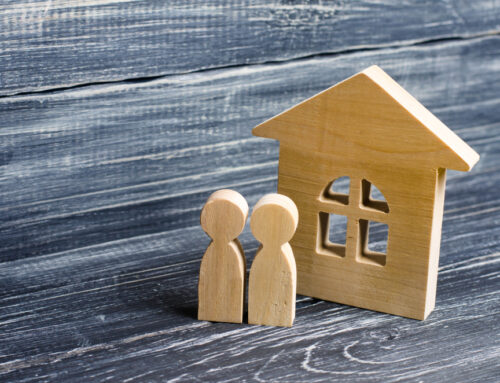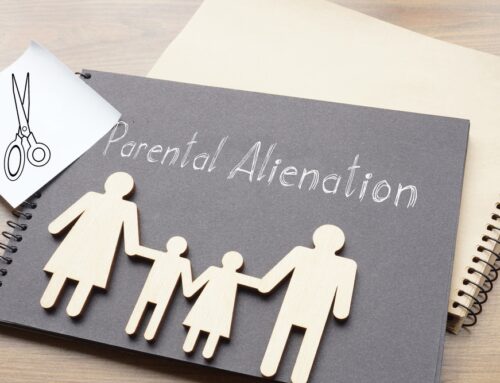Divorce is difficult, but even more so when you have children together. Many people try to stick it out for the kids, but when you know it’s time to part, it’s usually the best decision all around.
It doesn’t have to be as daunting as ‘breaking up’ the family, the best way to look at it is just a change of circumstance. But change always brings about questions, and the biggest one we usually get asked is who keeps the kids?
How does divorce affect children?
When going through a divorce, children are directly affected but don’t usually have any involvement or part in the decision. This can be scary for them, especially if communication isn’t clear or if most conversations are emotionally charged and end in a negative way. It’s important to remember that whether 4 or 14, it is a huge change in a child’s life and can have a big impact.
As parents, your child’s welfare and wellbeing are of utmost importance. Some divorces can be amicable and parents can come to an agreement that suits both parties. While this would be an ideal situation for your child’s welfare, it’s not always how divorce happens. Some can be tense, there can be disagreement and cases can end up in court.
What happens if the divorce goes through court?
It is encouraged that you make arrangements yourself, as going through the courts can be expensive and a lengthy process, often increasing the tension between the 2 parties. Although sometimes the court is the best way to decide, especially in instances where cases concern domestic violence or coercive behaviour.
Ultimately, if a decision can’t be made amicably then the custody rights for both parties will be determined by the courts. In this instance, custody means the main residence and who has the parental responsibility.
Parental responsibility
Parental responsibility is the legal rights, duties, powers, responsibilities, and authority a parent has for a child and the child’s property. A person who has parental responsibility for a child has the right to make decisions about their care and upbringing. Important decisions in a child’s life must be agreed upon with anyone else who has parental responsibility. It is possible for a divorced couple to have joint custody and therefore joint parental responsibility.
The following are examples of important decisions in a child’s life that should have the agreement of everyone with parental responsibility:
- Where a child lives
- Whether or not a child has medical treatment
- How and where a child is educated
- Which, if any, religion a child follows
- Deciding a child’s name and registering their birth
- Giving consent for a child to leave the country, whether for a holiday or permanently
Do mothers always get custody?
In previous years, mothers, in general, have been favoured for custody, since they tended to spend more time with the child.
However, the courts are realising that family dynamics are changing. Roles are not designated to gender and therefore courts are beginning to favour joint custody more often than not.
The welfare and safety of the child is the MOST important thing, so this will also take precedence.
How Beeston Shenton can help
Going to court can be stressful for all involved, especially the children. To help protect them, arrangements for where children live and spend time can be made with your solicitor and turned into a binding agreement for both parties.
If both parties can agree on: where the child will live, how much time the child spends with each parent, and also how each parent will financially contribute to the child’s needs. Then there is often no need to go through the courts.
How to ensure you have the best chances of getting joint custody
More families are now looking for amicable arrangements and joint custody agreements. You’re more like to be granted one if you can adhere to the following:
- Displaying a mature and mutually respectful relationship with your ex-partner
- Providing a safe environment (house) for your child, with adequate space
- Maintaining a stable job and income
- Maintaining a strong relationship with your child- supporting them through this difficult time
- Keeping involved, just because you have separated from your ex, doesn’t mean you should be absent from your child’s life
- Ensuring you pay any child support or payments
If you’re thinking about divorce or need divorce advice get in touch with a family law expert today at info@beestonshenton.co.uk




